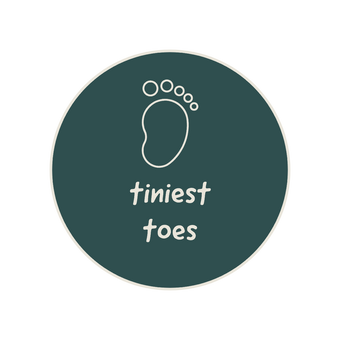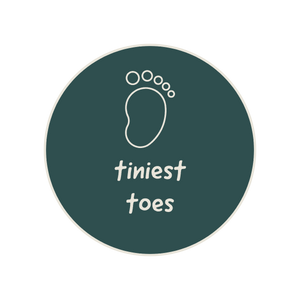Top Eco-Friendly Baby Toys for Conscious Parents
Why Choosing Eco-Friendly Baby Toys Matters
In today's world, where environmental concerns are more pressing than ever, choosing eco-friendly baby toys is a significant step toward a healthier planet. These choices can reduce the carbon footprint, minimize the use of toxic materials, and inspire a new generation to be environmentally conscious from a young age. Eco-friendly toys often come with the added benefits of being safer for children, as they are typically made without harmful chemicals and are designed with a child's well-being in mind.
Moreover, by opting for toys that are kind to the earth, parents are contributing to a sustainable economy. It's a move that supports ethical manufacturing practices and promotes the use of renewable resources. The impact of such choices extends beyond the playroom, influencing broader environmental policies and consumer habits.
Materials Matter: What to Look For in Sustainable Toys
When scouting for sustainable baby toys, it's crucial to look at the materials they are made from. Renewable resources such as wood from sustainably managed forests, organic cotton, and bamboo are top choices. These materials are not only biodegradable but also durable, ensuring a long life for the toy. Parents should also look out for non-toxic, water-based paints and dyes, as well as certifications like the Forest Stewardship Council (FSC) label that indicate responsible sourcing.
Other materials to consider are recycled plastics and silicone, which are free from BPA, PVC, and phthalates. It's essential to read labels and research brands to ensure that the toys you purchase for your baby are truly eco-friendly and safe.
Top Picks: Eco-Friendly Baby Toys That Babies Love
Among the plethora of toys available, some eco-friendly options stand out for their popularity with babies. Teething rings made from natural rubber or untreated wood can provide relief for sore gums while being completely biodegradable. Soft stuffed animals made from organic cotton are perfect for cuddling and can be easily washed. Wooden blocks, sustainably sourced and painted with non-toxic colors, encourage creativity and motor skill development without harming the environment.
Another favorite is the classic push-pull toy made from renewable resources like bamboo. These toys are durable, promote physical activity, and often come in whimsical designs that delight babies. Look for brands that emphasize sustainability in both their products and packaging to ensure that your purchase is as green as possible.
Supporting Small Businesses: Where to Shop for Sustainable Toys
Purchasing eco-friendly baby toys can also be an opportunity to support small businesses and artisans who prioritize sustainability. Many small-scale producers use locally sourced materials and handcraft their toys, which can reduce the carbon footprint associated with mass production and transportation. Farmers' markets, local boutiques, and eco-friendly online stores are excellent places to find unique and lovingly made toys.
By choosing to shop at these outlets, parents not only acquire high-quality, sustainable products but also contribute to the livelihood of craftspeople and small business owners. This can foster a sense of community and ensure that your money is going towards supporting ethical practices in the toy industry.
Extending the Life of Baby Toys: Tips for Care and Passing On
The sustainability of a toy is also influenced by how long it lasts and what happens to it once it's no longer needed. To extend the life of eco-friendly baby toys, proper care is essential. This includes following the manufacturer's instructions for cleaning and storing the toys, as well as repairing them when necessary. Parents can also be mindful about the number of toys they purchase, opting for quality over quantity, and choosing items that can grow with the child.
When toys are outgrown, rather than discarding them, parents can pass them on to friends, family, or donate to local charities. Some eco-friendly toy companies even have programs for taking back their products to recycle or refurbish them. By ensuring that the toys are loved for as long as possible, their environmental impact is significantly reduced, and they can bring joy to many more children.


